India's Minister for Electronics and Information Technology Rajeev Chandrasekhar has issued a warning to social media companies, asking them to take responsibility for deepfake content on their platforms, while also emphasizing the importance of clear, transparent regulations regarding artificial intelligence (AI).
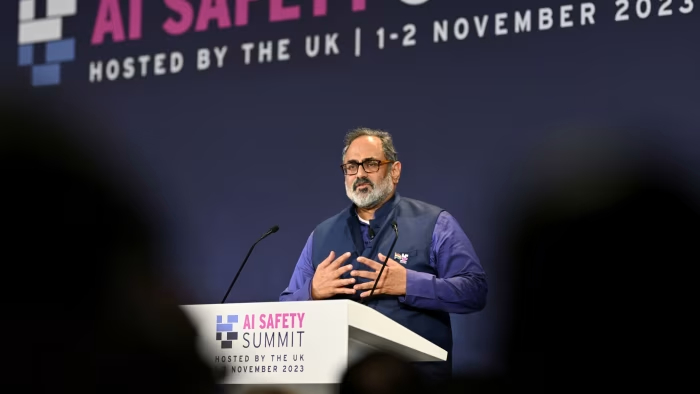
Indian Minister of Electronics and Information Technology Rajeev Chandrasekhar. Photo: FT
The request comes as India prepares for the 2024 general election to control misinformation in general and fake deepfakes in particular to minimize any interference of AI in the election results.
In an interview with the Financial Times, Minister Chandrasekhar said: "We are clearly deeply concerned about the impact of misinformation, fake news across borders that is causing problems for our democracy."
“We warned about this earlier than most countries because it impacts us more negatively than smaller countries,” he added.
Mr Chandrasekhar stressed that India had been alert to the dangers posed by deepfakes earlier than most countries, acknowledging the significant impact of disinformation on the country.
The warning comes as tech companies are providing services to one of the world's largest internet users. India has 870 million internet users and 600 million social media users, according to statistics.
Since the advent of advanced AI tools, researchers and countries around the world have expressed concerns about the growing threat of deepfakes, a technology that uses artificial intelligence to create convincing fake images, videos and audio.
Earlier on December 26, 2023, New Delhi had called on various messaging and social media platforms operating in India (such as YouTube, X, WhatsApp, Telegram, Snapchat and local social network Koo) to comply with Indian laws regarding illegal content and clarify their compliance with terms of service and user agreements.
Furthermore, India's IT Rules 2021 prohibit content deemed harmful to children, posing a threat to national security, spreading misinformation, and imposing other restrictions on freedom of expression.
Ngoc Anh (according to FT, Firstpost)
Source






![[Photo] Opening of the 14th Conference of the 13th Party Central Committee](https://vphoto.vietnam.vn/thumb/1200x675/vietnam/resource/IMAGE/2025/11/05/1762310995216_a5-bnd-5742-5255-jpg.webp)

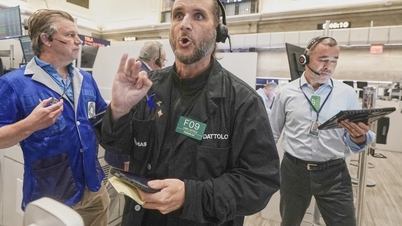

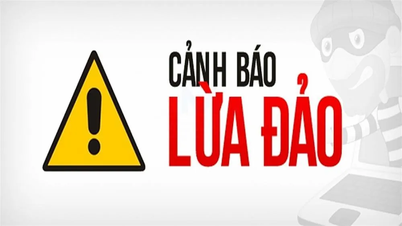



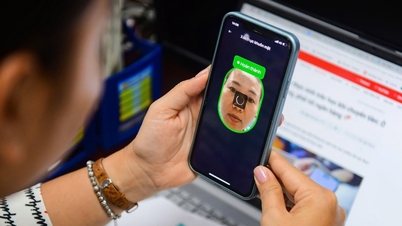

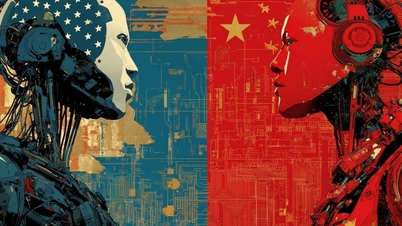


















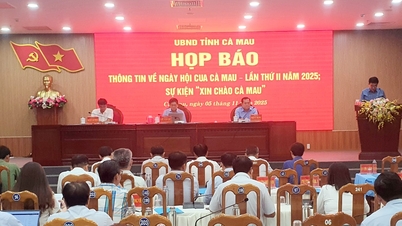



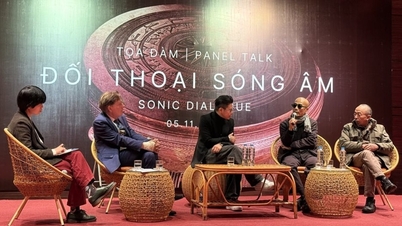
![[Photo] Panorama of the Patriotic Emulation Congress of Nhan Dan Newspaper for the period 2025-2030](https://vphoto.vietnam.vn/thumb/1200x675/vietnam/resource/IMAGE/2025/11/04/1762252775462_ndo_br_dhthiduayeuncbaond-6125-jpg.webp)































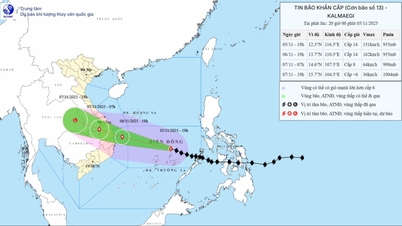














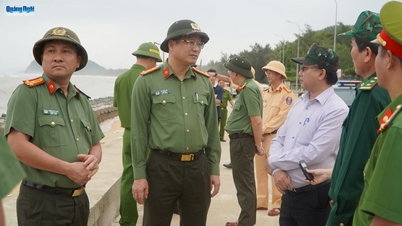
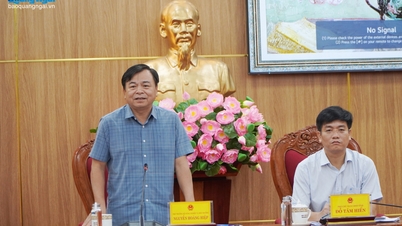


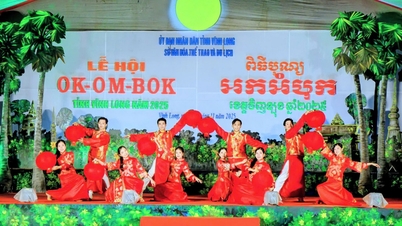


















Comment (0)